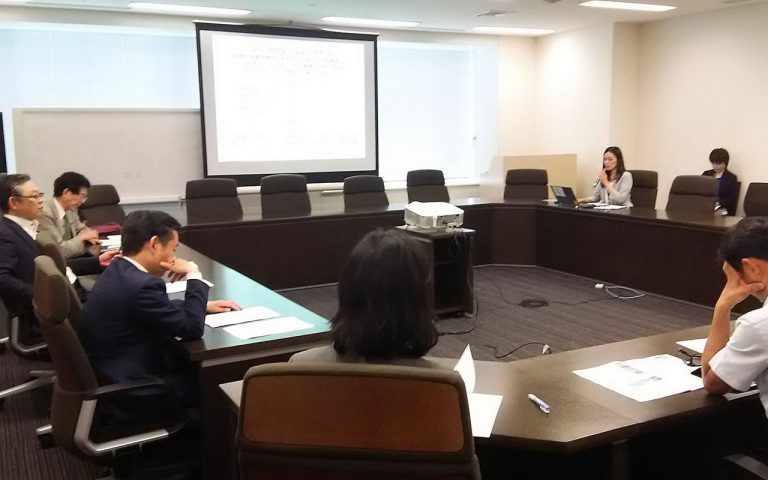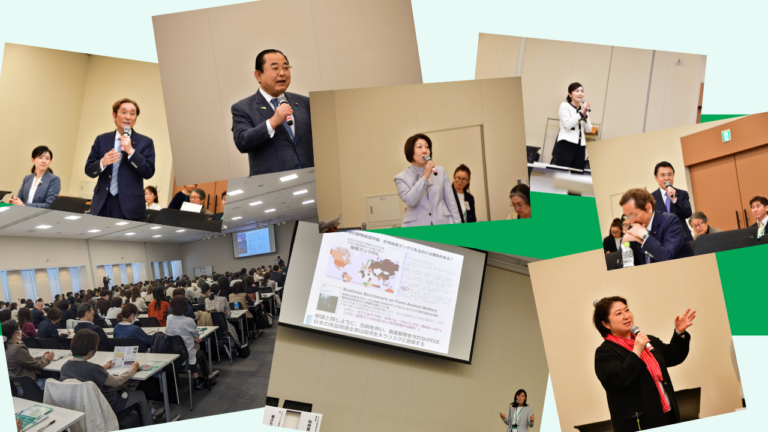
Category Legal advocacy

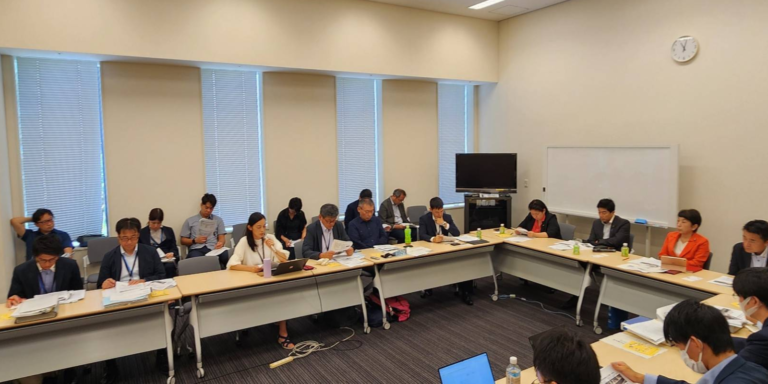
Discussion on Amendments to the Animal Welfare Act: Only One Meeting for Livestock?!
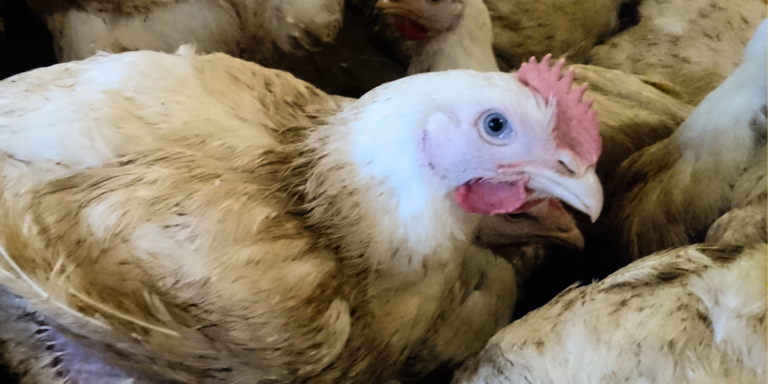
Updates the Act Needs!Key Points for the Amendment of Animal Welfare and Management Act

Should animals be given legal status?
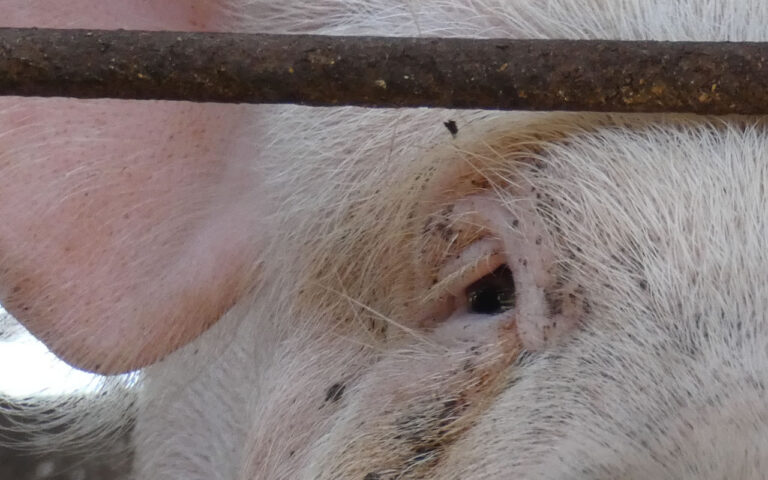
What’s “unreasonable” in the definition of animal cruelty crime?! To be effective, please define correctly!
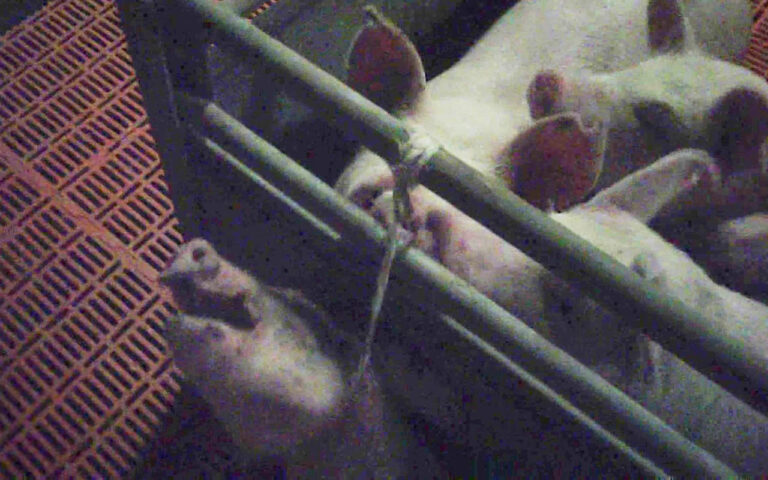
The Environment Ministry and MAFF notified: hanging pigs and abandoning chickens to death are inappropriate, strict measures including accusations will be taken
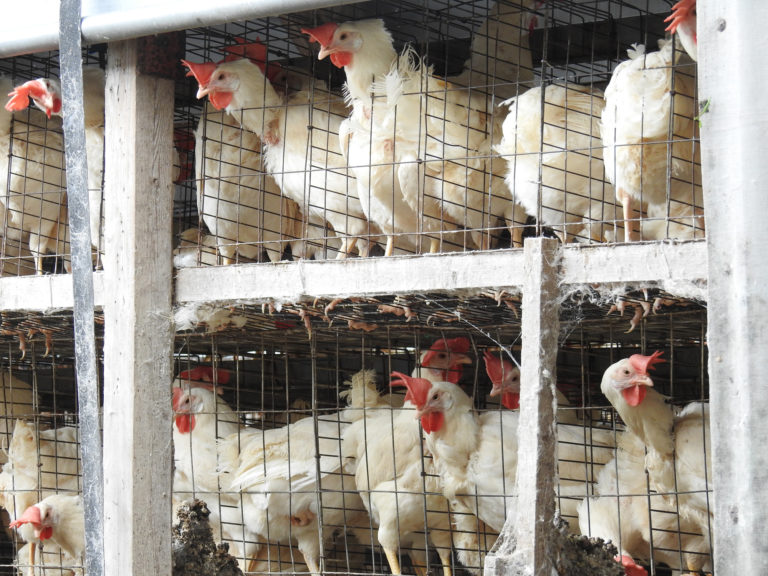
Major egg producer Akita Foods alleged to have bribed the Agriculture Minster to protect battery cages in favor of Japan’s poultry industry
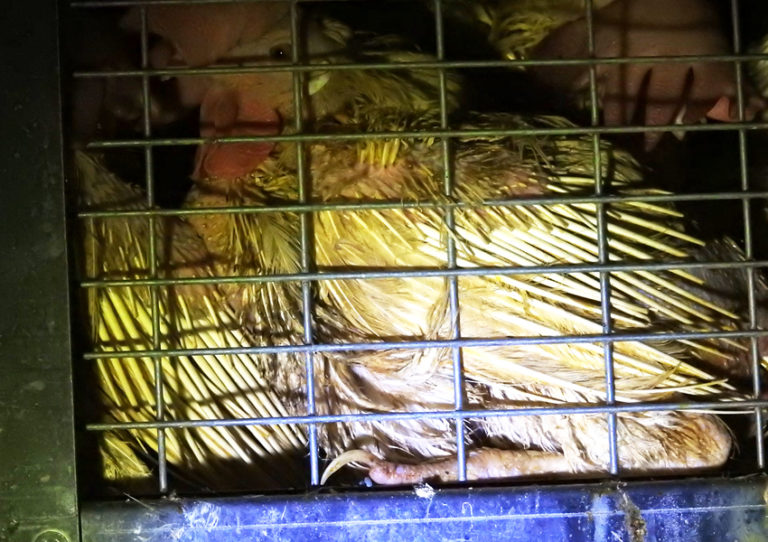
The Cruel Last Day of Hens: Being left for a long time at a slaughterhouse
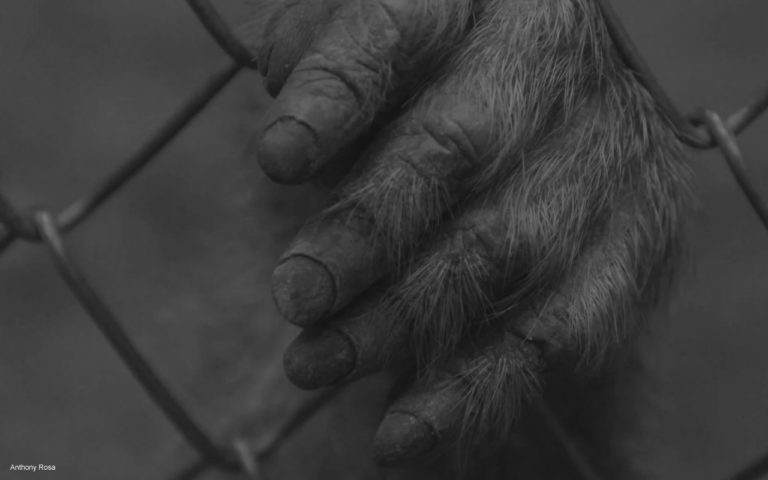
Setting Better Standards to handle animals other than cats and dogs Stop making distinctions among animals!

A Revision of the Act on Welfare and Management of Animals – livestock animals
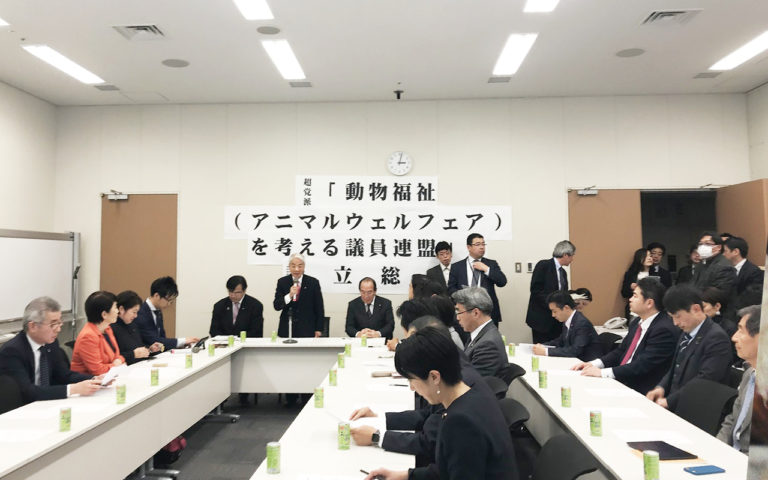
Parliamentary League for Animal Welfare Established!
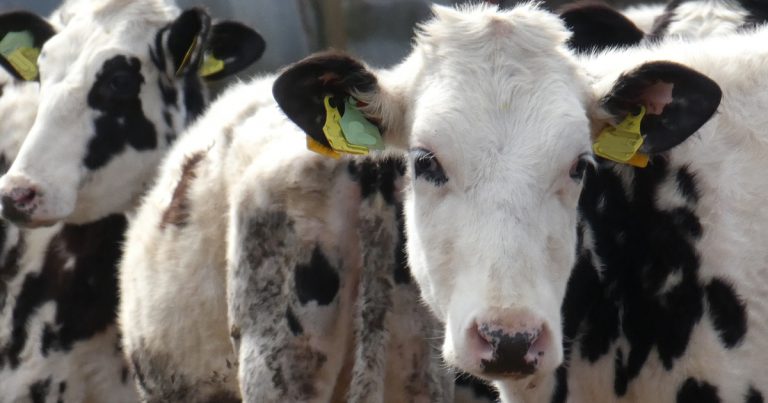
2019/6/12 Animal Protection Law Amendment Finally Established!
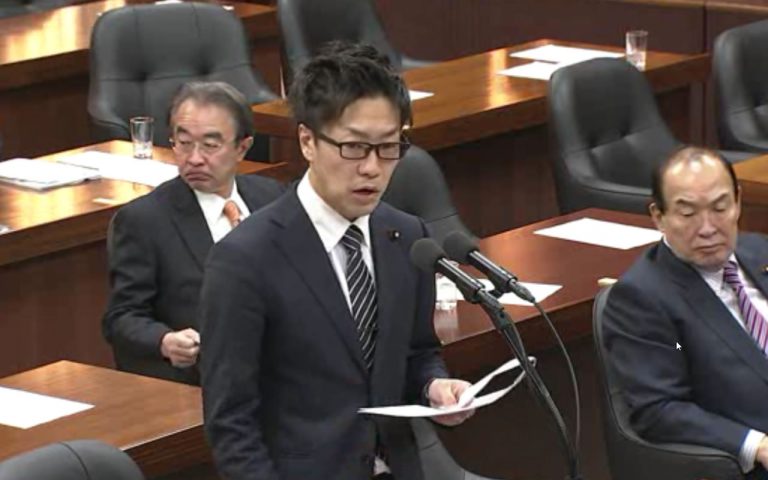
Farm Animal Welfare and Slaughterhouses Discussed in Parliament
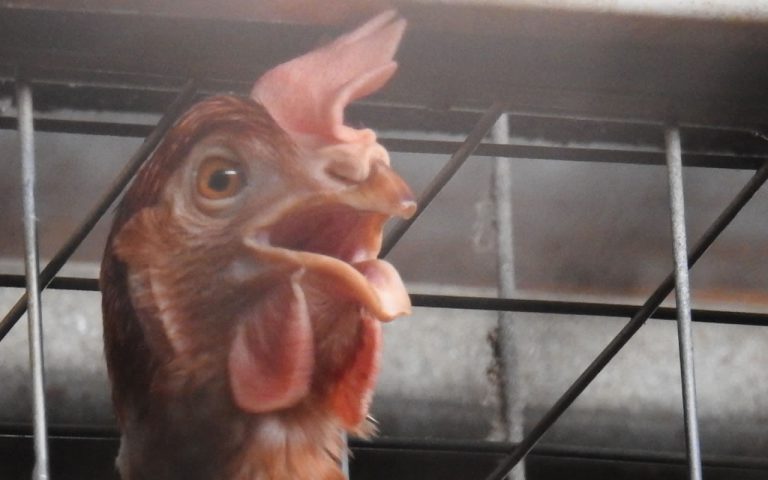
Can Laws Protect Farm Animals?
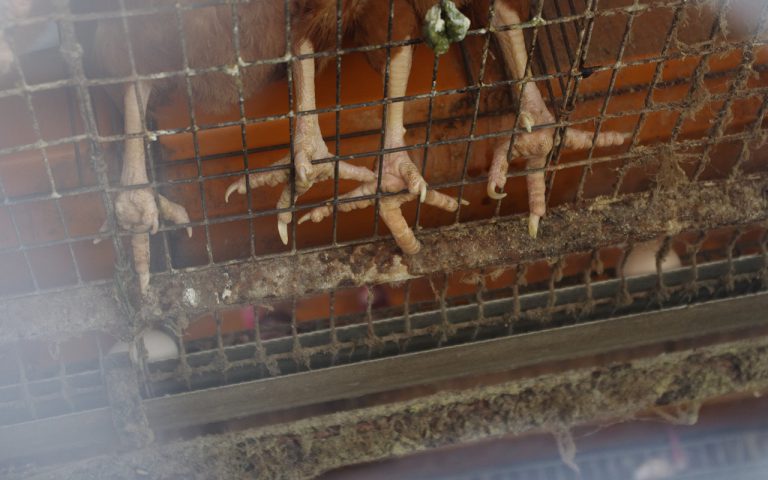
Long way to Change…Chickens Abandoned for Long Hours

Petitions to Protect Animal Welfare for the Tokyo Olympics Submitted to Cabinet Secretariat
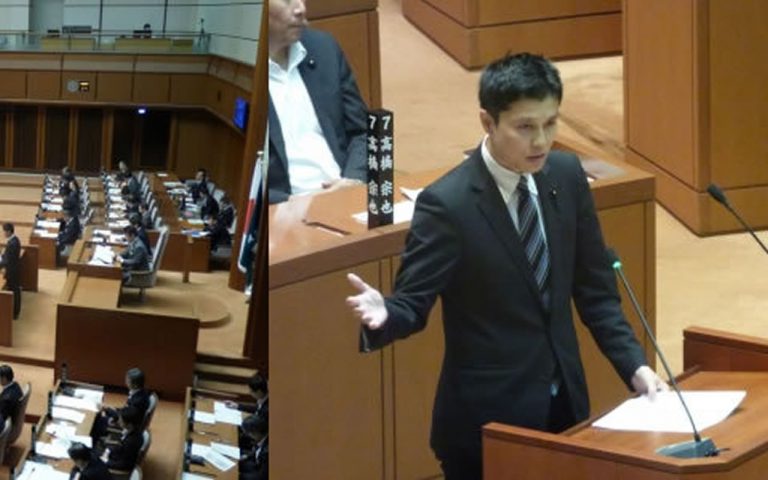
General Questions about Animal Welfare in the Miyagi Prefecture Assembly
